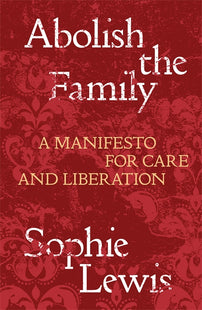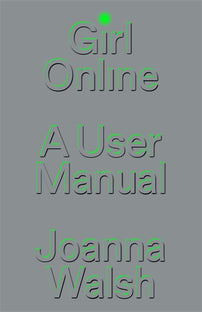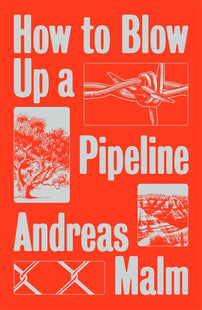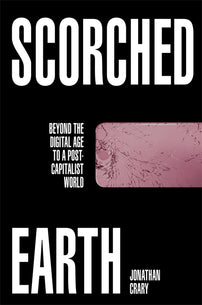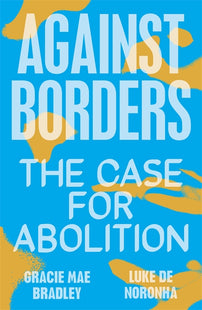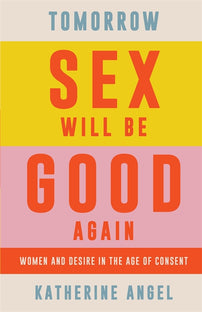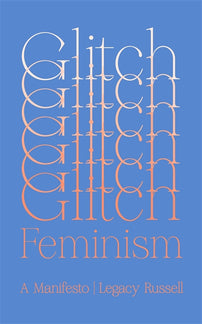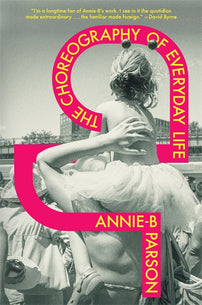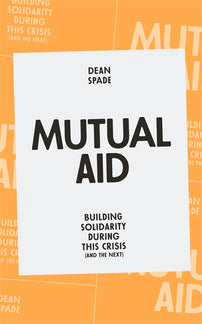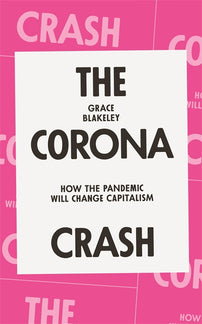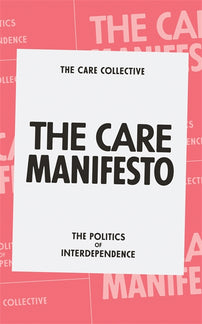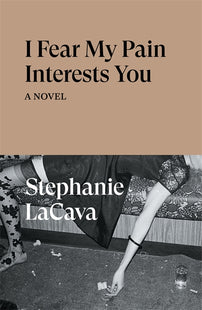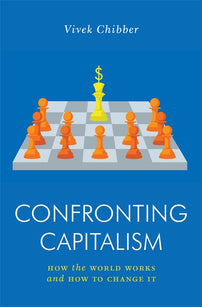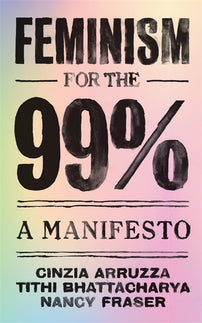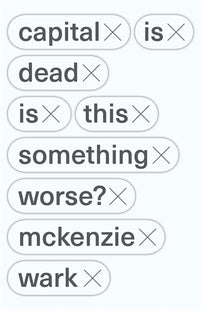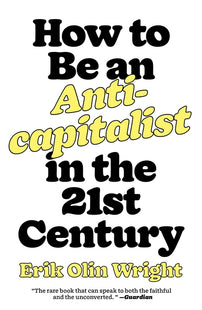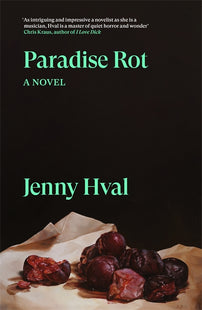Small books, big ideas
Our quickest reads: perfect for those short on time or attention span.

We bring you our quickest reads at 200 pages or less! They may be small, but they are still packed full of big ideas.
[book-strip index="1" style="buy"]What if family were not the only place you might hope to feel safe, loved, cared for and accepted? What if we could do better than the family?
[book-strip index="2" style="buy"]Told via the arresting personal narrative of one woman negotiating the (cyber)space between her identities as girl, mother, writer, and commodified online persona, Girl Online is written in a plethora of the online styles, from programming language to the blog/diary, from tweets to lyric prose, taking in selfies, social media, celebrity and Cyberfeminism.
[book-strip index="3" style="buy"]Why resisting climate change means combatting the fossil fuel industry.
[book-strip index="4" style="buy"]Refusing the digital world of late capitalism.
[book-strip index="5" style="buy"]Lays out an action plan for the British left. To move from defeatism to renewed confidence, Schneider proposes a Left Bloc: an explicit alliance of socialists in Parliament, the Labour grassroots, the trade unions and social movements.
[book-strip index="6" style="buy"]A passionate manifesto for border abolition, arguing that we must transform society and our relationships to one another, and build a world in which everyone has the freedom to move and to stay.
[book-strip index="7" style="buy"]In today’s crucial moment of renewed attention to violence and power, Angel urges that we remake our thinking about sex, pleasure, and autonomy without any illusions about perfect self-knowledge. Only then will we fulfil Michel Foucault’s teasing promise, in 1976, that “tomorrow sex will be good again.”
[book-strip index="8" style="buy"]A new manifesto for cyberfeminism.
[book-strip index="9" style="buy"]A renowned choreographer explores the dance of everyday life and reveals that art-making is as natural as walking down the street.
[book-strip index="10" style="buy"]A fresh, radical assessment of Keats’s odes that meshes the intimate with the critical!
[book-strip index="11" style="buy"]Why is mutual aid so important, what does it look like, and how do we do it? Dean Space offers concrete tools for organizing, such as how to work in groups, how to foster a collective decision-making process, how to prevent and address conflict, and how to deal with burnout.
[book-strip index="12" style="buy"]Free market, competitive capitalism is dead. The separation between politics and economics can no longer be sustained.
[book-strip index="13" style="buy"]The Care Manifesto puts forth a vision for a truly caring world. The authors want to reimagine the role of care in our everyday lives, making it the organising principle in every dimension and at every scale of life. We are all dependent on each other, and only by nurturing these interdependencies can we cultivate a world in which each and every one of us can not only live but thrive.
[book-strip index="14" style="buy"]An absurdist novel about fame, culture and connections, bodies and breakdowns!
[book-strip index="15" style="buy"]Why is our society so unequal? Why, despite their small numbers, do the rich dominate policy and politics even in democratic countries? Why is it so difficult for working people to organize around common interests? How do we begin to build a more equal and democratic society?
[book-strip index="16" style="buy"]Taking as its inspiration the new wave of feminist militancy that has erupted globally, this manifesto makes a simple but powerful case: feminism shouldn’t start—or stop—with the drive to have women represented at the top of their professions. It must focus on those at the bottom, and fight for the world they deserve. And that means targeting capitalism. Feminism must be anticapitalist, eco-socialist and antiracist.
[book-strip index="17" style="buy"]A thrilling voice who has been credited with launching the “second wave” of trans studies, Chu shows readers how to write for your life, baring her innermost self with a morbid sense of humor and a mordant kind of hope
[book-strip index="18" style="buy"]McKenzie Wark argues that information has empowered a new kind of ruling class. While techno-utopian apologists still celebrate these innovations as an improvement on capitalism, for workers—and the planet—it’s worse. Drawing on the writings of a surprising range of classic and contemporary theorists, Wark offers an illuminating overview of the contemporary condition and the emerging class forces that control—and contest—it.
[book-strip index="19" style="buy"]What is wrong with capitalism, and how can we change it? Erik Olin Wright has distilled decades of work into this concise and tightly argued manifesto: analyzing the varieties of anticapitalism, assessing different strategic approaches, and laying the foundations for a society dedicated to human flourishing.
[book-strip index="20" style="buy"]This debut novel from critically acclaimed artist and musician Jenny Hval presents a heady and hyper-sensual portrayal of sexual awakening and queer desire.
